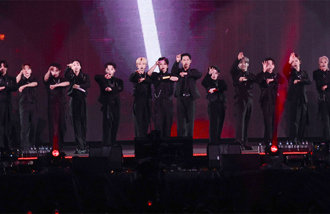Constitutional Court Rules Evidential Value of Prosecutions Testimony Constitutional
Constitutional Court Rules Evidential Value of Prosecutions Testimony Constitutional
Posted May. 27, 2005 03:41,
The constitutional court made a ruling conflicting with generally accepted Supreme Court precedents on the evidential value of a suspects testimony (based on questioning) written by the prosecution. Hence, it seems that the conflict between the Supreme Court and the constitutional court will revive on the specific rulings of cases.
This decision will likely stir controversy since it also runs opposite the Presidential Commission on Judicial Reforms plans to amend the criminal procedure code in the direction of denying the evidential value of a suspects testimony written by the prosecution.
On May 26, the full bench of the Constitutional Court (Main Justice: Joo Seon-hoi) ruled that the criminal procedure code article 312-1, regarding the evidential value of the testimony written by the prosecution during investigation, is constitutional.
In its ruling, the Constitutional Court stated, Article 312-1 of the criminal procedure code reflects the procedure code of the prosecution, and exists to find the essential truth and a prompt trial according to legal procedures, therefore the justness of its purpose and the rationality of its contents are recognized.
In particular, the Constitutional Court interpreted article 312-1 as, Even if the defendant denies the contents of his testimony made to the prosecution, in court, if it was written under no pressure or harshness, then its evidential value is recognized. If following such an interpretation, the evidential value of the prosecutions testimony (including recorded tapes or video) will be widely recognized in court.
However, the Supreme Court has interpreted this provisory clause not as an exception clause but as an additional clause to the main article. In other words, the testimony has evidential value when the defendant acknowledges the testimony in court and the defendant was not under pressure.
A judge at the Supreme Court commented, The Constitutional Court does not have the right to interpret laws. In specific case rulings, the Supreme Court cannot follow the legal interpretation of the Constitutional Court.
Soo-Hyung Lee sooh@donga.com jin0619@donga.com







